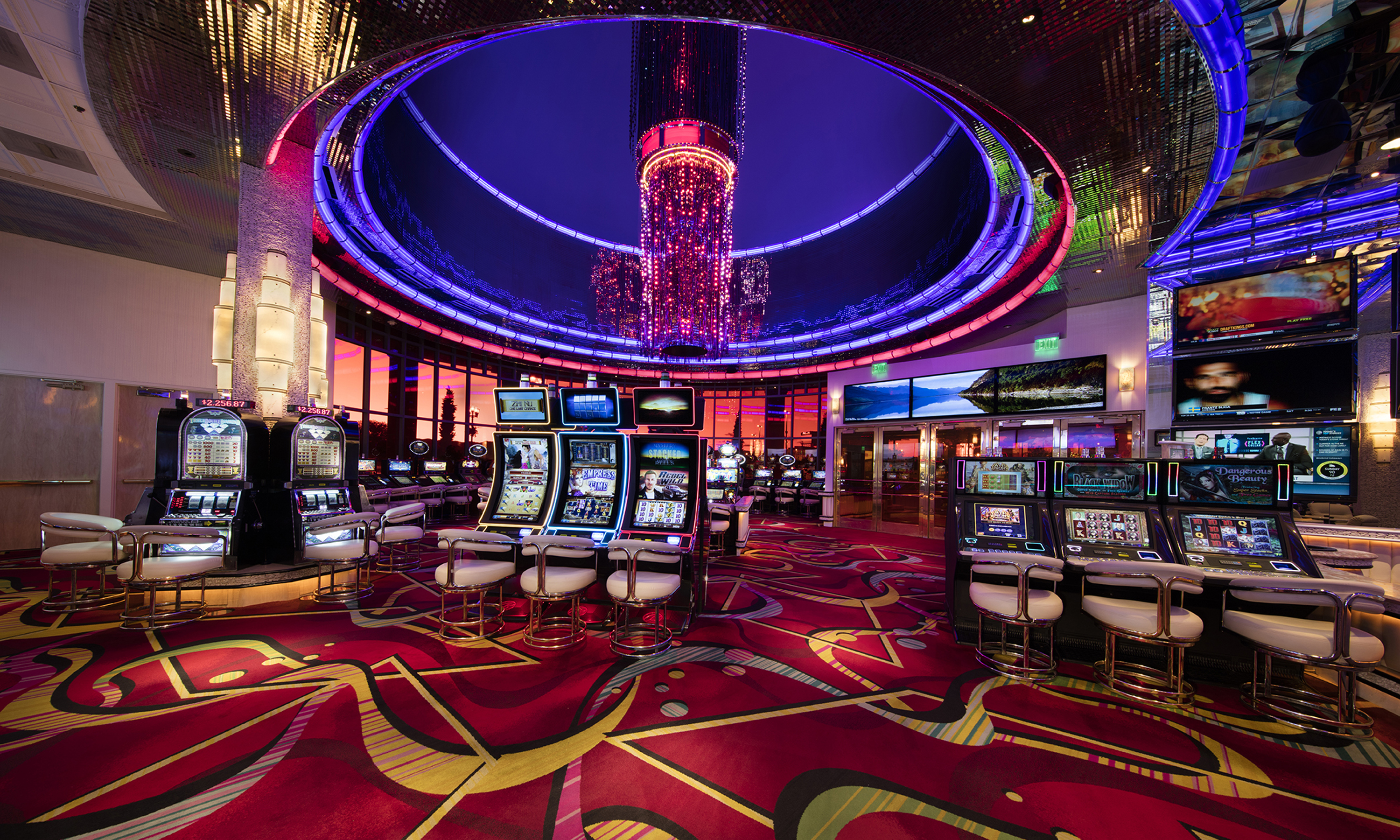A Cultural Influence of Gambling Games Worldwide

Gambling games have long been a engaging form of entertainment, drawing numerous of players from varied cultures around the globe. From the glitzy casinos of Vegas to the bustling gambling halls of the Cotai Strip, these games serve as a common thread that brings together people across a variety of backgrounds. The allure of chance, tactics, and risk entices not only those looking to gamble for profit but also those in search of a sense of community.
The influence of casino games extends significantly past the gaming floor. They often embody the values and traditions of the societies in which they prosper. Games such as seven-card stud, blackjack, and roulette have woven themselves into the mosaic of cultural phenomena, influencing multiple fields from movies to style. As we explore this captivating intersection of luck and culture, we can gain insights into how casino games shape and are influenced by the world around us.
Historical Evolution of Gambling Games
The origins of gambling games can be traced back to old cultures, where betting in different forms was widely engaged in. In China, around 2300 BC, a variant of luck game known as Keno was common, while in ancient Rome, soldiers would frequently bet on the results of their matches. RR88 The notion of using luck for amusement and profit developed over the years, leading to the formation of more formal activities. By the final Middle Ages, betting houses started to appear in the continent, especially in the Italian peninsula, which presented early forms of well-liked activities still enjoyed today.
As betting expanded popularity in European regions, the 17th and 18th centuries saw the emergence of casinos as specialized establishments for gaming. The first official gaming venue, the Ridotto, was established in the Venetian city in the year 1638, featuring activities like Baccarat games and Faro. This era marked a crucial turning point, as gaming venues began to attract not just the elite but also the growing middle class. The refinement of games grew, leading to the introduction of new regulations and variations that enhanced the gaming experience.
In the 19th century, the era of industrialization and transformations in social norms additionally transformed the landscape of gaming games. The introduction of roulette and contemporary slot machines pulled in a more diverse audience, and casinos became seen as legitimate recreation. This period witnessed the international spread of gambling, as gambling houses expanded from European nations to the New World, culminating in the development of the iconic Strip of Las Vegas in the 1900s. The evolution of gaming activities has progressed into the current era, incorporating modern technology and online sites, allowing them open to a worldwide population.
## Cultural Importance across Various Communities
Gambling games have profound social value in numerous cultures throughout the world. For instance, in Las Vegas, the very fabric of the urban landscape is woven around casinos, where gaming is not just a hobby but a fundamental aspect of social engagement and community interaction. The vivid lights and vibrant atmosphere attract a vast audience, showcasing how games of chance can influence local financial landscapes and local cultures. This environment transforms the notion of leisure into an engaging experience that influences style, sound, and even film.
Conversely, some cultures treat wagering with greater care, viewing it through the lens of ethical considerations and heritage. For instance, in many Eastern communities, games like Mahjong and Pai Gow are steeped in history and have significant social implications. These games are often played during meetings and occasions, fostering collective connections and strengthening kinship ties. The act of participating in these games goes beyond mere entertainment, reflecting values such as deference to seniors and the significance of collective enjoyment.
Simultaneously, in European countries such as Monaco and Rome, casino games serve as symbols of luxury and sophistication. The refined atmosphere of these locations attracts both tourists and locals, reinforcing a sense of distinction and elitism. The art of the game of poker and the strategic features of games like baccarat are celebrated, influencing community relationships and creating an attraction that enthralls a varied audience. This highlights how games of chance can concurrently reflect and influence cultural perspectives towards danger, benefit, and social interaction.
Economic Impact and Travel Industry
Gambling activities play a significant role in the financial context of many regions, particularly those that depend significantly on visitor traffic. The revenue generated from casino operations fuels local economies, creating employment opportunities not only within the casinos themselves but also in connected industries such as hotel management, restaurant services, and entertainment. This surge of tourists, drawn by the allure of gambling and the overall gaming environment, stimulates spending across multiple businesses, contributing to the economic vitality of the region.
The presence of casinos often leads to the construction of facilities, including lodging, transportation systems, and recreational facilities. These improvements are essential in enhancing the overall tourist experience, making locations more attractive to visitors. Additionally, many casinos contribute in local communities through sponsorship of events and philanthropic activities, further embedding themselves into the social fabric of the region. Such investment not only supports economic growth but also fosters a positive reputation of the casino industry.
Moreover, the worldwide appeal of casino games drives competitive tourism, with regions vying to attract gamblers from around the world. Iconic destinations like Las Vegas and Macau have become identifiable with gambling culture, drawing millions annually. This competitive edge encourages creativity and diversification within the gaming industry, influencing trends in leisure and accommodation that extend beyond their borders. The ripple effects of this visitor influx extend far, impacting local economies and cultural exchanges on a worldwide scale.
